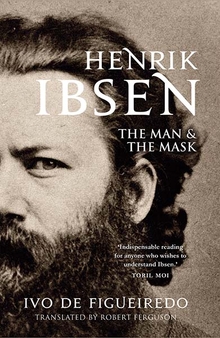Norse-Gaelic contacts in a Viking world: studies in the literature and history of Norway, Iceland, Ireland, and the Isle of Man
This multi-disciplinary volume draws on the combined expertise of specialists in the history and literature of medieval Ireland, Iceland, Norway, and Scotland to shed new light on the interplay of Norse and Gaelic literary traditions. Through four detailed case-studies, which examine the Norwegian Konungs skuggsjá, the Icelandic Njáls saga and Landnámabók, and the Gaelic text Baile Suthach Sith Emhna, the volume explores the linguistic, cultural, and political contacts that existed between Norse and Gaelic speakers in the High Middle Ages, and examines the impetus behind these texts, including oral tradition, transfer of written sources, and authorial adaption and invention. Crucially, these texts are not only examined as literary products of the thirteenth century, but also as repositories of older historical traditions, and the authors seek to explore these wider historical contexts, as well as analyse how and why historical and literary material was transmitted. The volume contains English translations of key extracts and also provides a detailed discussion of sources and methodologies to ensure that this milestone of scholarship is accessible to both students and subject-specialists.
zum Buch im ULB-Katalog
zum Buch auf der Verlags-Website
Henrik Ibsen: the man and the mask
A magnificent new biography of Henrik Ibsen, among the greatest of modern playwrights
Henrik Ibsen (1820–1908) is arguably the most important playwright of the nineteenth century. Globally he remains the most performed playwright after Shakespeare, and Hedda Gabler, A Doll’s House, Peer Gynt, and Ghosts are all masterpieces of psychological insight.
This is the first full-scale biography to take a literary as well as historical approach to the works, life, and times of Ibsen. Ivo de Figueiredo shows how, as a man, Ibsen was drawn toward authoritarianism, was absolute in his judgments over others, and resisted the ideas of equality and human rights that formed the bases of the emerging democracies in Europe. And yet as an artist, he advanced debates about the modern individual’s freedom and responsibility—and cultivated his own image accordingly. Where other biographies try to show how the artist creates the art, this book reveals how, in Ibsen’s case, the art shaped the artist.
zum Buch im ULB-Katalog
zum Buch auf der Verlags-Website
Weitere Titel können Sie in unseren Neuerwerbungslisten für die Nordische Philologie entdecken!


